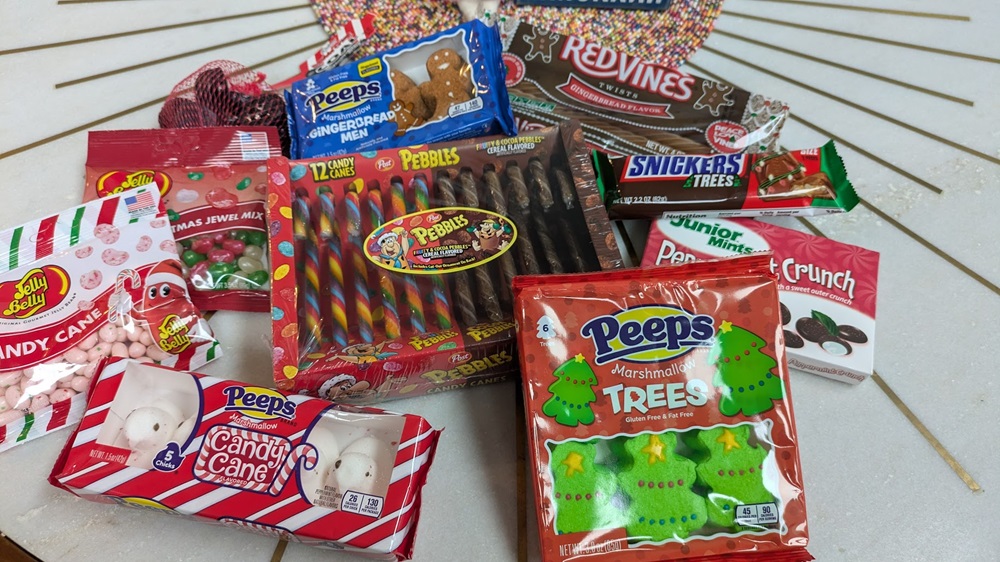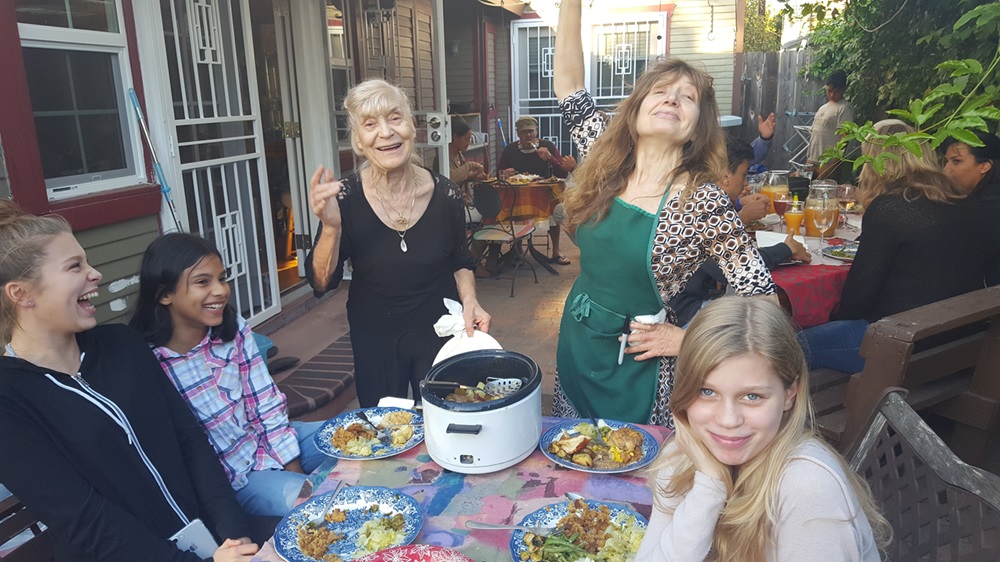The Most Important Role Carrie Fisher Ever Played
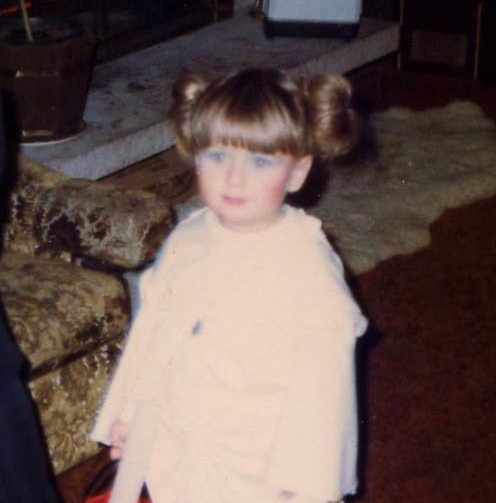
I hadn’t intended to write about Carrie Fisher’s passing, because so much has been said already, but it’s hard to skip over it. This blog goes through dry spells, when I’m too distracted by online videos of celebrity pet nip slips or the UN Security Council’s most embarrassing bloopers. I know I’m behind in the stories I have to tell about travel and cakes and weird places in which I feel asleep, but I can’t write about any of that until I write about what Ms. Fisher’s influence on my life has been. Right now, there is no other story for me to tell than this one.
Ms. Fisher often lamented her ties to the character of Leia, one that overshadowed other roles she had and eclipsed her writing career, but I need to start there, with this:
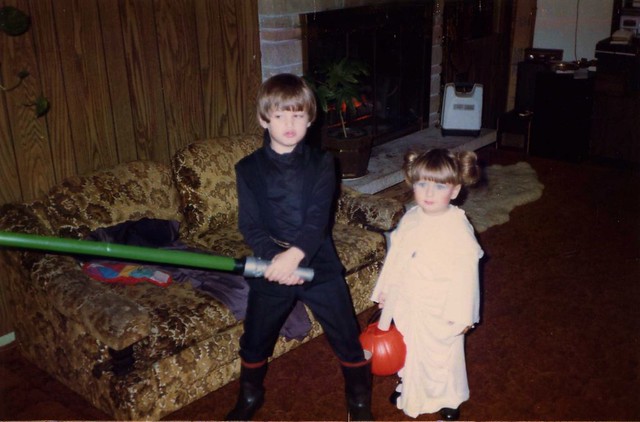
This photo is blurry because no one in my family knew how to take a picture in the 80s. Or today.
I am fairly certain this was Halloween 1984, and I have a distinct memory of getting ready, struggling to sit through my mother coiling my hair into massive cinnamon buns on either side of my head. In hindsight, the endeavor did not take long, but as a child, when even a minutes long activity takes up a vast percentage of your life, it felt like an eternity.
My mother dabbed some makeup on me as I squirmed – powder and rouge and a hasty swiping of blue eyeshadow and when I looked in the mirror I was transformed into a tiny little Leia. She sewed a few gathers onto the front of my dress while I whined miserably (finishing a costume while you were wearing it is a hallmark of my mother’s) and eventually she set me free.
It was the most empowered I had ever felt as a four-year-old.
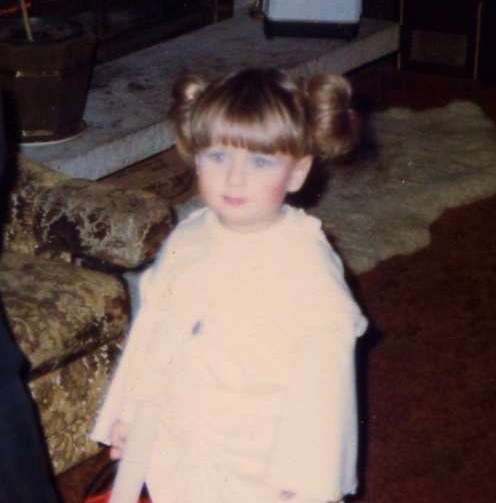
It was a harbinger of the sass to come:
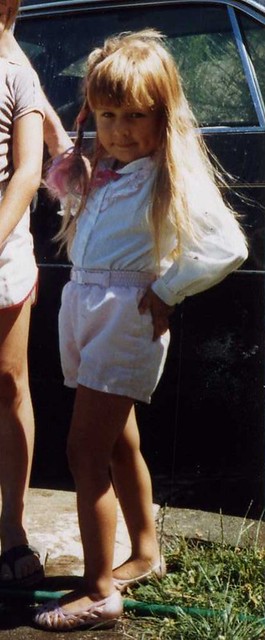
Pink hair don’t care.
My brother, naturally, was Luke. She’d made him a lightsaber by affixing a piece of green tubing to a flashlight, a rather remarkable piece of ingenuity, and I remember her scolding him because he kept swinging the damn thing around. Every time it made contact with something a white scar would be left on the green plastic. I stared at it somewhat enviously.
Somewhat enviously, but not entirely. Because my mother had made me my own lightsaber. It was a miniature version of my brother’s, but brilliant white to match my dress. This was the one element of being a Jedi that Leia never touched, but my mom was never one for sticking to the canon. I remember protesting the idea initially; I was four, I had trouble embracing my own light. But there it was: a small white tube attached to a flashlight, sticking out of my plastic pumpkin bucket.
I remember most of that night, but try not to relive it too often. I’ve heard every time that we recall a memory it gets altered slightly, and so I keep mine pristine on the shelf, pulling them out and browsing through them only when I need to. But today I’m flipping through the pages where Carrie appears, again and again.
Because of her, a generation of little girls coiled their hair into buns, grabbed their blasters, and whispered: “I can save myself.”
— Geraldine (@everywhereist) December 27, 2016
We feminists have an awakening at some point. A moment in time when we realize that women have been designated to minor roles, and that shit cannot stand. At four, I hadn’t seen the original Star Trek series. I didn’t know about Nichelle Nichols or her groundbreaking role as Uhura. I was too young for an ass-kicking Sigourney Weaver in Alien. I simply understood that most action films didn’t really include girls, unless they were getting kidnapped or rescued. But then Leia came onscreen, wielding a blaster and not taking shit from anyone, and everything changed for me in that instant. In her, I realized that there was a place for me not as someone to be rescued but as a rescuer.
Ask me what my favorite scene in the Star Wars canon is and my answer is unwavering: Leia, at the helm of the Millennium Falcon, saving Luke from the bottom of Cloud City after he’s confronted Vader. She’s lost her planet. She’s lost Han. And there she is at the helm of a ship that isn’t hers, rescuing the movie’s protagonist because she is the only one that can.
Writer Annie Theriault has a brilliant thread on Twitter about Leia’s sheer force of will. The Dark Side never even tried to recruit her. Some will argue it’s because Leia’s relationship to The Force was too weak. I’d argue it’s because she couldn’t be tempted.
She had every realization Luke had about her family and her father. But she never wept. He lost his hand, but she lost everything. And still, she kept going.
Fisher’s relationship with the character she portrayed was not entirely positive. It seemed to haunt her, and she had trouble breaking free from its looming shadow. Her memoir, Wishful Drinking, shows a bunned-haired Leia head down on a bar, drink in hand. Lucas told her she couldn’t wear a bra in A New Hope – a costuming decision that has not gone unnoticed by fanboys. Fisher fought against wearing the damn gold bikini to no avail; Leia still managed to kill Jabba while wearing it.
Fanboys jerked it to the gold bikini. Fangirls said “I can bide my time and strangle the fuck out of my oppressor.” #CarrieFisher
— DeannaNastyMc (@DeannaNMc) December 27, 2016
Indeed, it took me years to understand that Fisher was far more that her Star Wars persona. It wasn’t until I saw her again and again – in The Blues Brothers and in Harry Met Sally that I started to realize it wasn’t simply Leia who I loved – it was Fisher herself.
In the former, she is Joliet Jake’s fiancee, jilted on her wedding day. Whereas Ms. Havisham spent a lifetime in her wedding dress, Fisher dons bell-bottom corduroy pants and picks up a flame thrower. In the latter, as Marie, she ignores her friend’s attempts to set her up with the emotionally stunted disaster that is Billy Crystal’s Harry and makes her intentions clear – she’s interested in Jess, played by Bruno Kirby.
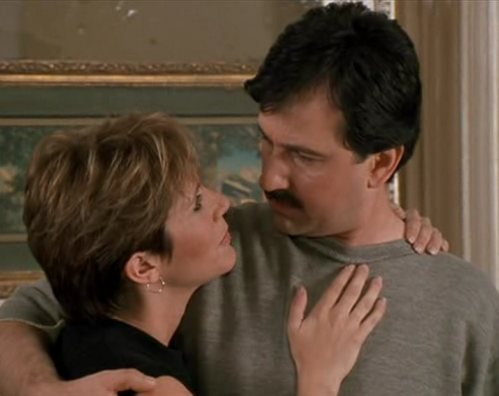
Hand down, they are my favorite couple in that film. They are free of the romantic proclamations on rooftops, yes, but they are also free of the drama and the chaos and the fighting. They are the grown-ups. In one scene, after trying to comfort their disastrous friends, the two of them curl up together and Fisher says, “Tell me I’ll never have to be out there again.”
“You’ll never have to be out there again,” Kirby responds, and Marie places her head against his chest. I have this exchange with my husband at least once a month. He never flubs his line. When Kirby died, I felt a misguided pain for Marie. Now that Fisher is gone, I feel misguided solace that they’ll be together.
In each of her characters Fisher imbued sincerity and directness. They were flawed and human and unsinkable. It didn’t begin with Leia – it began with Carrie. This is who she was – open about her mental illness (she was diagnosed as bipolar), her struggles with drug addiction, her relationship troubles.
“I am mentally ill. I can say that. I am not ashamed of that.”
Indeed, how can we be ashamed of an illness? Amazingly, Fisher maintained control by occasionally admitting that she had no control over it. She discussed it with Stephen Fry in The Secret Life Of the Manic Depressive (her clip begins here). She does so without fanfare – it is honest and raw and fearless and heartbreaking – like Fisher herself. My friend Celeste wrote a beautiful thread on precisely the power of Fisher’s honesty to those of us suffering from mental illness.
When people critiqued her appearance in The Force Awakens (a disservice that her male counterparts were spared) Fisher’s response wasn’t “I look awesome.” She realized that such a defense would simply feed into the same destructive narrative that maintains looks are important. Instead, she lit a match and burned that entire construct to the ground:
“Youth and beauty are not accomplishments. They’re the temporary happy by-products of time and/or DNA. Don’t hold your breath for either.”
She maintained that her body hadn’t aged as well as her mind, but make no mistake it was her mind that was important. It was the mind that skewered haters, it was the mind that wrote a half dozen books, it was the mind that improved upon movie scripts, a contribution for which she was often uncredited.
The death of a beloved actor hits hard. We remember the characters they played, the roles we loved, the movies we quoted ad nauseum. But with Fisher, the pain feels more acute because we grieve a woman who, through her honesty and openness, we felt like we knew. The most important role she played wasn’t a role at all. We loved her for her.
Carrie Fisher went out the way most women would want to: after telling the world she fucked Harrison Ford in his prime.
— Alison in Wonderland (@mitzy247) December 27, 2016
We quote her characters, sure, but we also quote Carrie just as much, if not more.
I remember how I felt when I was four, with my bunned hair and my tiny lightsaber. I remember how I felt every time I saw Carrie Fisher, dark-eyed and brilliant, wielding words that could cut like knives and gingerly stepping over the corpses of those that messed with her. We are more than our bodies. We are not ashamed of our flaws.
Alderaan has been destroyed before us, and we can only pick up and keep moving because there is more work to do. That’s what she would have done. And if anyone stands in our way, we need to remember her words, and whisper them at our enemies as we knock them down:
“Blow me.”
RIP, dear friend. We’ll do our best to continue your work.

